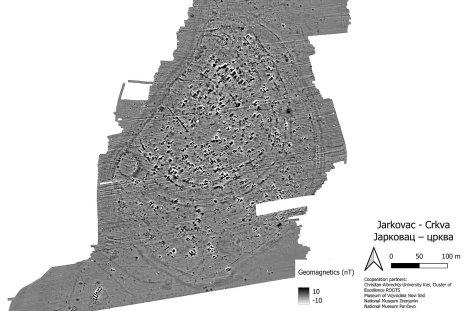Severe weather threatens to cause more power outages across New York state, with several communities being "disproportionately affected."
A new study published in the journal PLOS Climate, by researchers at Columbia University Mailman School of Public Health and the University of Washington, found that eastern Queens, upper Manhattan, the Bronx, the Hudson Valley, and Adirondack are more at risk when weather-driven power outages hit.
Climate change is making severe weather events more commonplace, meaning the power grid is becoming more vulnerable. This is becoming a "critical issue," the researchers wrote, as this can have serious impacts on residents. Despite the persisting threat, there has not been much research into the community impacts.
For this reason, the researchers paired hourly power outage data throughout New York state with data from the CDC Social Vulnerability Index, and the weather by hour. From this, they were able to pinpoint how severe the impact of power outages was across communities between 2017 and 2020.
"Alone, extreme weather events increased the chances of a power outage, but when combined the chances skyrocketed. By itself, heat increased the chances of an outage by 9 times but when it was both extremely hot and rained a lot, we saw a 300 times increase in the chances of an outage event," lead author Joan Casey, an environmental epidemiologist at the University of Washington, told Newsweek.
The researchers discovered that just under 40 percent of all power outages in New York state occurred, at least in part, due to severe weather.
These maps from the study shows the extent of severe weather-driven power outages across the state.
"In New York City, we found that heat, precipitation, and wind-driven outages occurred more frequently in socially vulnerable communities, including in Harlem, Upper Manhattan, the South Bronx and Eastern Queens," Casey said. "This matters because these communities have higher rates of poverty and lower housing quality, making them more vulnerable to the effects of the outages."
Power outages in rural regions lasted an average of 12.5 hours, compared to 18.5 hours in other cities, and 20.2 hours in the New York City area, the study reported.
"Especially as we enter summer, we need to consider those most vulnerable to power outages—older adults, those living with a disability, and people relying on electricity-powered medical equipment," Casey said. "For these groups, a power outage can be a medical emergency. In addition, climate change will continue to produce more extreme and variable weather that impacts our already-aged electrical grid. Thus, we need to invest resources to improve the grid, provide backup power, and weatherize our buildings to protect health."
The study notes that although the U.S. power grid is "highly reliable in general," it is "increasingly challenged" by severe weather events, which are increasing in frequency due to climate change.
The authors write that it is "critical" that weather-driven power outages be addressed, not just for population health, but also "environmental and climate justice."
"We have many ongoing studies related to power outages and health outcomes, including for pediatric healthcare visits in New York State," Casey said. "We are also very interested in the repercussions of dual weather events, such as heat and rainfall, for healthcare utilization. Understanding these relationships will be important to guide healthcare practice and policy decisions as the climate changes."
One example of an extreme weather-caused power outage was the 2021 Texas power crisis. Three severe winter storms swept across the state in February of that year. As a result, the power grid shut down and caused one of the worst energy failures in the state's history.
This was largely put down to officials' failure to winter-proof the wind turbines. If precautions are taken, it could prevent a power crisis from happening in future as extreme weather events increase.
However, the crisis does shows how severe the effects of these power outages can be on communities, as many were left without water, food and heat.
Do you have a tip on a science story that Newsweek should be covering? Do you have a question about extreme weather? Let us know via science@newsweek.com.
Disclaimer: The copyright of this article belongs to the original author. Reposting this article is solely for the purpose of information dissemination and does not constitute any investment advice. If there is any infringement, please contact us immediately. We will make corrections or deletions as necessary. Thank you.



